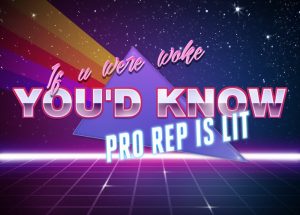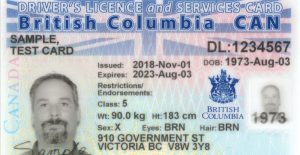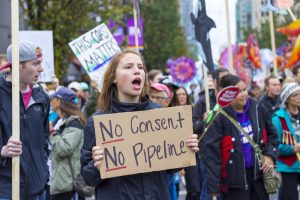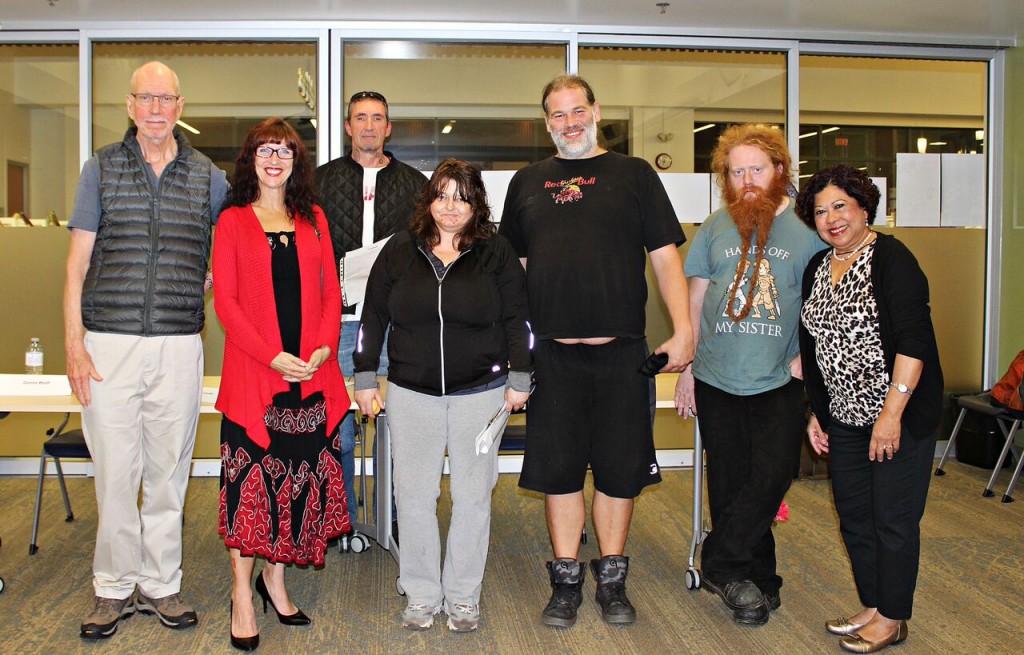BC government in 2018
By Katie Czenczek, News Editor
It has been a little over a year and a half since the BC NDP-Green coalition government was elected, and 2018 marked another year of leaps forward, steps backwards, and much of the same politicking.
To help sift through some of the headlines that came out last year, the Other Press is taking a look at some of the biggest moments in BC’s government in 2018.

The third attempt at bringing proportional representation to BC lost all of its charm. Despite the wide-spanning media campaign, British Columbians voted “no” to proportional representation as a voting system for the province.
Critics had a number of complaints about the proposed change: there was too much to be decided about the proposed voting systems to confidently make the change, the proposed systems weren’t explained well at all, and the ad campaign was just too embarrassing for desperately-needed young voters to support the government’s goal.
With only 42.6 percent of British Columbians casting their ballots, the voter turnout was lower than the previous referendums. Possibly British Columbians are too married to the idea of First-Past-the-Post to move onto a different system—or the Liberal-backed anti-pro rep campaign’s scare tactics won this round.

Gender equity on government ID
2018 was the year that British Columbians were able to apply for a driver’s licence, birth certificate, identity card, and BC Services card that had a third gender option for those who are nonbinary. Option X was approved in November. This option follows a growing trend nationwide that is opting for a more gender-focused approach to identification than a sex-based one. This result has been long-awaited for nonbinary people and advocates alike.

BC versus Canada on Kinder-Morgan
Premier John Horgan made national headlines when he went toe-to-toe with Prime Minister Justin Trudeau and barred Kinder-Morgan’s construction in BC. Indigenous protestors led the charge against Kinder Morgan, since 130 communities from Alberta to British Columbia would be affected by the pipeline’s construction.
Alberta Premier Rachel Notley both limited oil shipments to BC and halted imports of BC wines to Alberta in order to add economic pressure, while the federal government threatened to cut funding to BC. Kinder Morgan set May 31 of last year as the drop-dead date to convince BC’s government to approve the pipeline.
Ultimately, Horgan still refused, which prompted the Liberal government to buy the Trans Mountain pipeline for $4.5 billion—a decision that has been heavily criticized by Canadians. Although the Prime Minister can legally force the pipeline to be built, he has yet to do so, which may have something to do with Horgan’s announcement that BC is investing $41 billion in LNG Canada to build a natural gas pipeline that runs to Kitimat.
Where are the promises for students?
One big issue on many students’ minds is the promise is to eliminate interest on student loans. The provincial government has yet to announce anything about cutting interest, despite this being one of their campaign promises when they were elected. Not only that, but access to Open Educational Resources is another hot-button topic that was left off the table in 2018.
Although Horgan’s government announced last July that $1.9 million will be allotted to all 25 public universities, colleges, and institutes to create more opportunities for work-integrated education, this budget pales in comparison to other sectors of government.
Minor steps towards better rentals
Throughout the year they have announced funding plans to build subsidized housing for those fleeing violence, 1,100 homes for Indigenous people both on and off reserves, and more student housing throughout the province. All of these promises were highlighted in the 30-point housing plan in last year’s budget. Over $7 billion has been set aside for these measures. The plan is set to be implemented over the next 10 years, and the province has already started some of these projects.
Another component of the 30-point housing plan is to target speculators with a 0.5 percent tax and then increase it to two percent this year. The aim of this tax is to lower the rate of vacant homes and alleviate the housing crisis. Some people have voiced concerns that the new tax would affect BC residents who own multiple properties, to which the government made amendments to better clarify who is taxed.
On the flip side, many tenant rights groups such as the Tenant Resource and Advisory Centre (TRAC) had said they were disappointed that the provincial government approved a 4.5 percent allowable rent increase for 2019, as reported in a previous article written by the Other Press. TRAC and other groups had said that they were hoping for a temporary rent freeze to deal with the already-inflated rental costs of living in the Lower Mainland. However, the government did close the loophole that allowed landlords to artificially inflate tenancies.
After all, it is government
Though it can be frustrating to watch promises go unhonoured, the provincial government still does have time to address many issues. With BC’s Budget 2019 just around the corner, they still have a little over two years to get it right.




